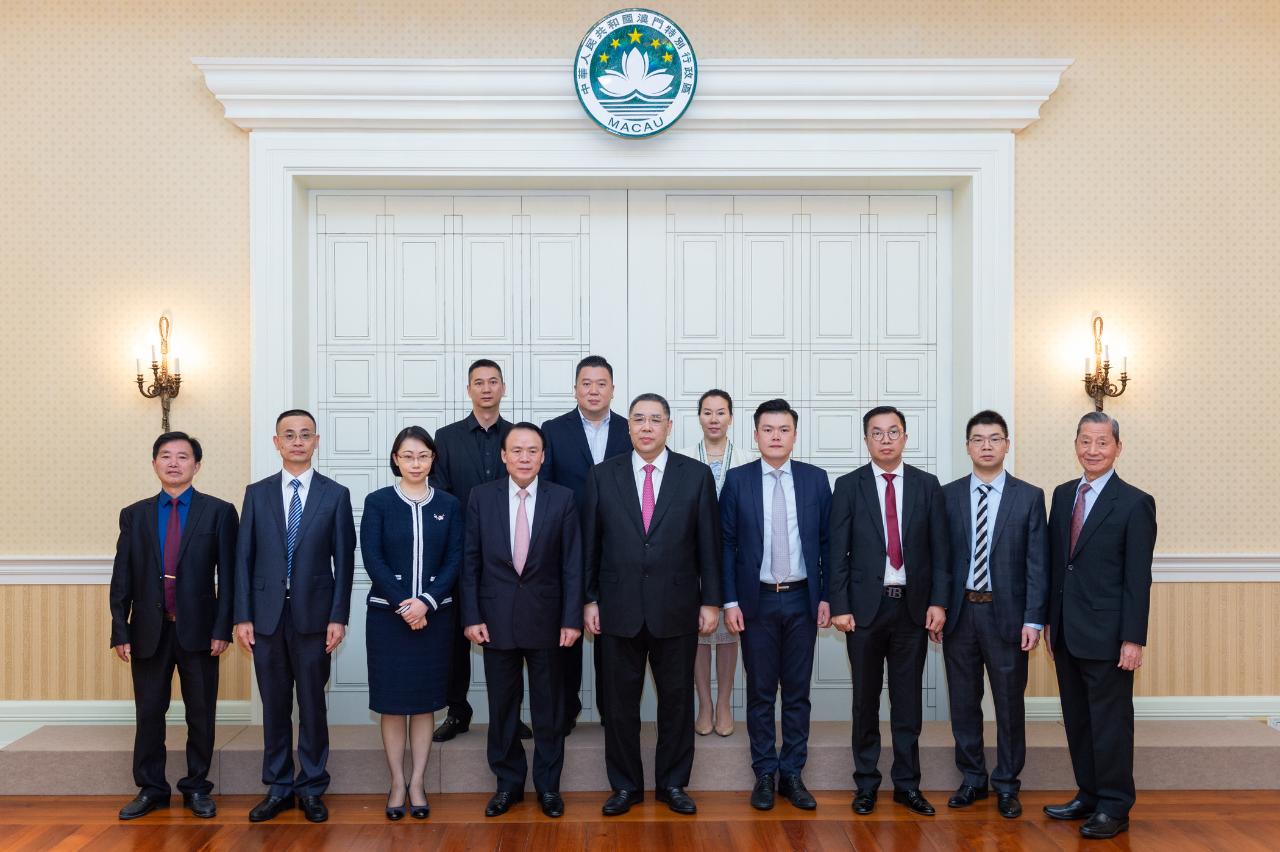Casino Taxes Account for Nearly 90 Percent of Macau Government Budget
Posted on: April 22, 2019, 11:59h.
Last updated on: April 22, 2019, 01:45h.
Casino taxes in Macau accounted for 87.6 percent of all money received by the Special Administrative Region (SAR) government in the first three months of 2019.

Statistics released by the Macau Financial Services Bureau reveal that the government has received MOP29.64 billion ($3.67 billion) from the gaming industry in the first quarter of the year. That’s a six percent increase on the same three-month period in 2018.
The Financial Services Bureau says the SAR has taken in $4.18 billion in tax payments in 2019. The increase in gaming taxes comes as a bit of a surprise considering that casinos’ gross gaming revenue (GGR) January through March is down 0.5 percent at $9.42 billion.
The agency reports that there were 41 casino floors in operation during the quarter. Only six companies are licensed to conduct gambling – Sands, Wynn, MGM, Melco, SJM Holdings, and Galaxy Entertainment. Hotels can partner with one of the six to incorporate gaming. SJM has the most casinos and satellites with 22.
Gaming Still Winner
Macau is undergoing a renaissance of sorts, as government leaders look to reduce the enclave’s reliance on gaming.
Macau is the only place in China where gambling is permitted. Following People’s Republic President Xi Jinping’s directive to law enforcement to better monitor and regulate VIP junket groups that bring mainland high rollers to the enclave, casino operators began better diversifying their resorts in an effort to reach a new demographic.
Economic analysts say Macau would be smart to become a more mass market tourism destination than being chiefly known as the world’s richest gaming hub.
Authorities have the opportunity to further advance their growth strategy and should craft the new regulations with stronger incentives for operators to expand non-VIP tourism,” the International Monetary Fund (IMF) said in its annual review.
Despite the advancements, the tax data shows that casinos remain Macau’s bread and butter.
Macau Future
VIP casino win once accounted for more than 70 percent of total gross gaming revenue in Macau. Last year, it generated less than half of the casino win, which totaled $37.5 billion.
Macau taxes casinos at an effective rate of 39 percent. That could soon change.
All six casino operators will see their prized concessions expire in 2022. Macau Chief Executive Fernando Chui said the renewal process will begin at that time with play expected to be uninterrupted. Macau lawmakers are reviewing every aspect of its gaming industry in hopes of perfecting the regulatory environment.
The regional government is also working with leaders in nearby Hong Kong, as the “Greater Bay Area Plan” continues. The goal, according to the China Briefing media outlet, is to “transform nine mainland cities and two special administrative regions into a new Silicon Valley-type technology and innovation hub.”
The first island being developed under the plan is Macau neighbor Hengqin Island. Though casinos won’t be permitted, resorts in Macau and the Cotai Strip are interested in building properties there to expand their MICE space (meetings, incentives, conferences, and exhibitions) and offer new entertainment attractions.
No comments yet